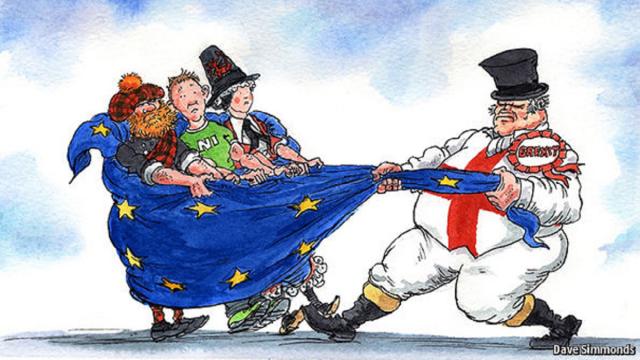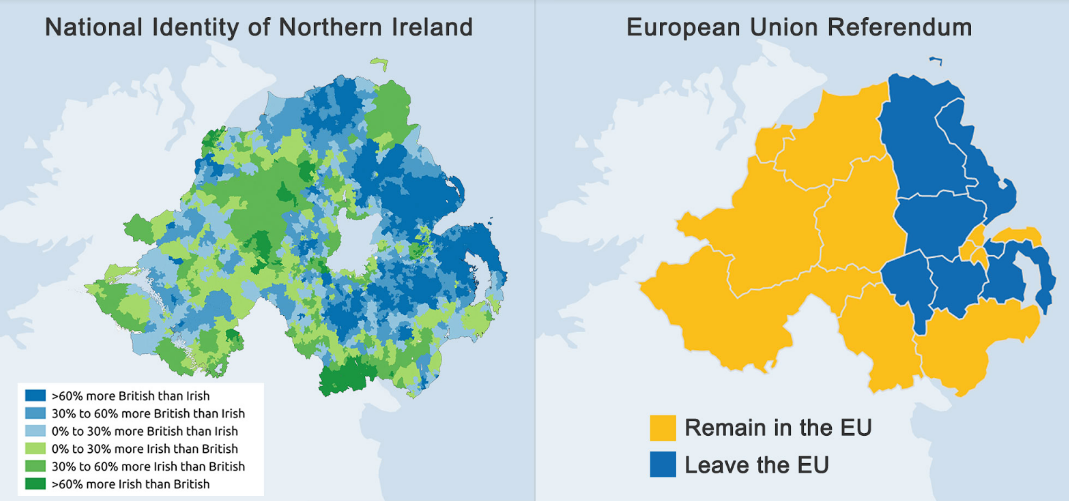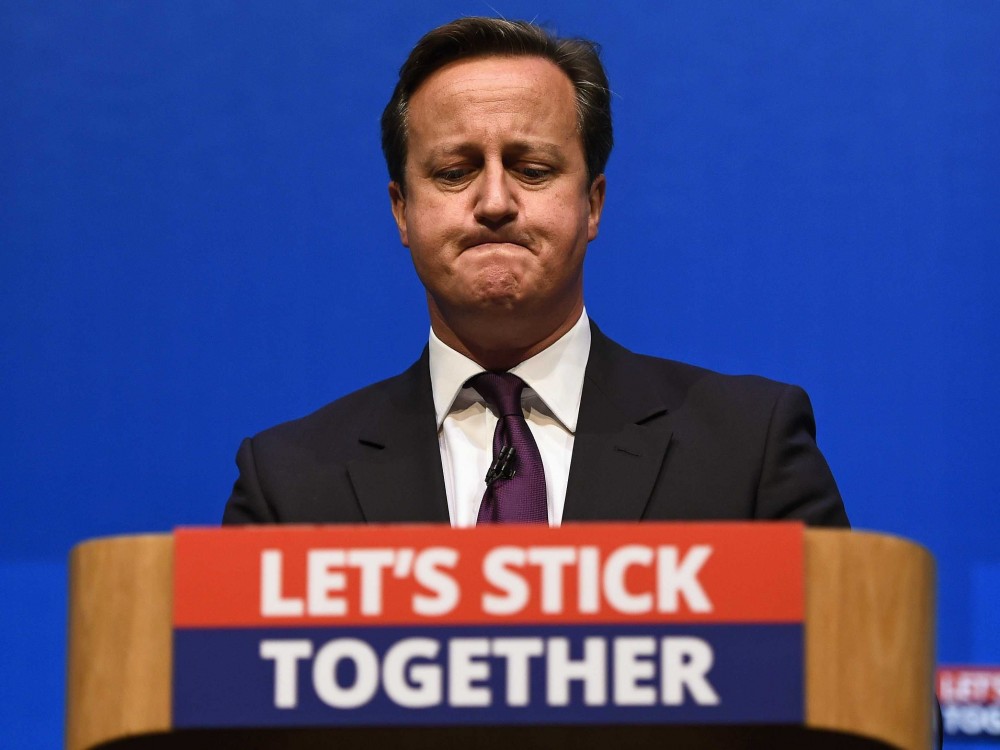
The Brexit vote in June sounded another death nail for the once United Kingdom. Scots and Northern Irish resoundingly opted to remain in the European Union, whereas majorities in England and Wales voted out. There is a slim possibility Scotland and Northern Ireland (NI) could remain in both the European and British unions. But more likely, to respect the democratic will of the both peoples, Scots and Northern Irish should be given the choice which union to stay in, with new referendums.
Immediately after the Brexit vote, the First Minister of Scotland, Nicola Sturgeon, called for a new independence referendum and began a round of pan-European shuttle diplomacy in Brussels, then followed up with numerous summits in Edinburgh. European politicians, including allies close to German Chancellor Angela Merkel, have made invitations for Scotland-NI to remain in Europe when England-Wales leaves.
However, there is resistance to the idea in the E.U., too – most notably from Spanish leaders who want to stop Catalonian independence in its tracks, and are therefore unwilling to let Scotland set the precedent for independence.
In Westminster after the Brexit vote, with no electoral mandate, Theresa May replaced David Cameron as UK Prime Minister. May has said she will not activate Article 50 – the formal process to start Brexit – until next year. The PM also made her first state visit to Edinburgh to meet with Sturgeon. Afterward, May seemed to acknowledge that any option, including a second independence referendum, was on the table.
What is clear from Brexit is that Scottish independence looks even more certain, and sooner.
The Brexit shambles give rise to many questions, such as whether an independent Scotland-NI should be allowed to remain in Europe, and on what terms. But to frame the question in this way overlooks an even more essential point: Can Europe itself go ahead without offering Scotland and Northern Ireland entry?
The European Union’s Legitimacy crisis
The European Union faces a storm of interwoven crises, including increasing inequality, looming climate change and the consequences of a still-unresolved refugee crisis. Additionally, the European Union faces a crisis of democracy of its own making – shown most acutely in its impacts from, and treatment of, Greece.
The E.U. first set up the conditions for Greece to fail, then ruined the country with austerity conditions for bailout loans deemed “illegal, illegitimate and odious.”. This judgement was made by an official Greek Parliamentary Commission, whose preliminary findings came before a referendum that overwhelmingly rejected austerity. In reality, both were ignored.
The impacts of the European Union, however, have not been all regressive. For instance, the body has pushed workers’ rights measures and made real moves to legislate for action on climate change. For E.U. citizens, at least, it has also pushed the idea of free movement. But in addition to its democratic deficit, the E.U. has also escalated the humanitarian crisis for refugees with its “fortress Europe” approach.
Despite the anti-humanitarian approach in action, across the continent there is growing resentment of the European Union and its free movement policies. This anger is catalyzed by increasing fascism and a cultural, as well as political, shift to the far-right. Occupy.com recently analyzed how this process is being bankrolled by billionaires who have scapegoated those most exploited under the current system – and deflected attention from how the 1% are once again winning in this crisis hand over fist.
To reimagine a progressive Europe, it seems easier to consider one that does not exclude both Scotland and Northern Ireland, for the following reasons:
1. Respecting Democracy
Any institution advocating for democracy must respect the democratic will of its citizens. One clear way to do this would be to advocate for Scotland to remain in the E.U. In every Scottish constituency, over 50 percent voted to remain. The overall vote was 62 percent. The result is less clear-cut in Northern Ireland: overall, 56 percent voted to remain, but it was split on sectarian lines, with border areas voting en masse to Remain in the E.U, and northeast Northern Ireland voting to Leave.
2. Keep the Peace
The violent history in Northern Ireland is another strong reason to offer it continued E.U. membership. The 1990s peace process and Good Friday Agreement (1998) ended years of violence between the British state and paramilitaries – on each side – who fought to remain in Britain or unite with Northern Ireland. E.U. membership has been essential to retaining this complex peace. For instance, there is a great deal of E.U.-funded peace and reconciliation projects. If Brexit creates a nonporous border between Northern Ireland and the Republic, this would also cut off lifelines for people and goods who currently move freely. The deep divides in Northern Ireland make the E.U.’s role difficult. But to transform itself into a long-term force for peace, the E.U. should not abandon this fragile situation.
3. Green E.U.
If you examine renewable energy progress across the E.U., Scotland is a leading force. It far outstrips the rest of the U.K. and has set targets to exceed the benchmarks set by Brussels. It is far easier to imagine a progressive Green E.U. with Scotland on board.
4. Refugees Welcome
Scotland also gives to Europe a far more progressive attitude toward refugees and migrants, something in short supply across the continent. Its status as a refugees-welcome nation is demonstrated when one looks at how Scotland has actively sought and welcomed one-third of all Syrian refugees to Britain – though the region's population is roughly only one-twelfth of the U.K. overall.
Imagining a European Union that elevates democracy, makes peace, promotes environmentalism and welcomes refugees cuts to the heart of the calls for a new progressive Europe. One crucial question has become: Can there be a progressive Europe that excludes its current Scottish and Northern Irish citizens?
3 WAYS TO SHOW YOUR SUPPORT
- Log in to post comments













